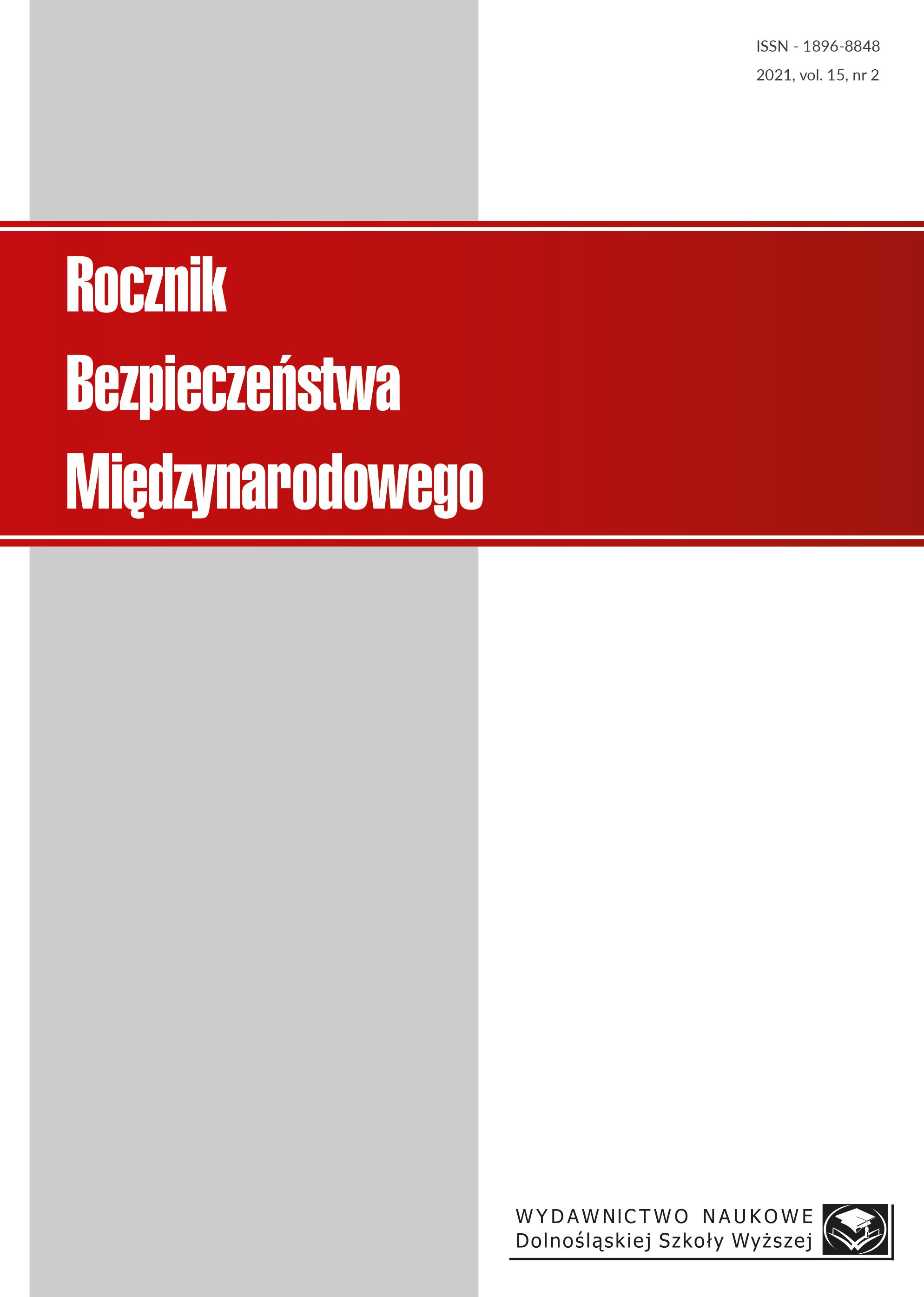Polityka równouprawnienia w relacjach UE-Afryka. Wybrane aspekty
Gender Agenda in the EU-Africa Relations. Selected Aspects
Author(s): Anna CicheckaSubject(s): Politics / Political Sciences, Politics, Supranational / Global Economy, Governance, Public Administration, Public Law, Economic policy, Government/Political systems, International relations/trade, Security and defense, Welfare systems, Developing nations, Politics and society, Inter-Ethnic Relations, Geopolitics, Peace and Conflict Studies
Published by: Wydawnictwo Naukowe Dolnośląskiej Szkoły Wyższej
Keywords: European Union;Africa;partnership;gender agenda;relations;
Summary/Abstract: The consequences of the negotiations undertaken between the EU and Africa constitute important determinants for shaping economic, political, and social relations in the coming years, and therefore deserve special attention. The results of this discussion will also be crucial to the women’s status and gender agenda, especially in the context of recovery after the COVID-19 pandemic. Accordingly, the underlying goal of this article is to discuss the areas of cooperation between the EU and Africa that are important to gender initiatives undertaken during the ongoing negotiations. The paper first gives an overview of the evolution of the gender agenda in Euro-African relations. In the second section, the institutional and legal framework of the EU-Africa cooperation is characterized. And the third part discusses the status of the gender agenda during the ongoing negotiations. The last part of the paper is devoted to a conclusion. It has been concluded that the gender agenda is not a new idea and that it has been a part of the EU-Africa partnership in the past. It was also noted that the concept of women’s rights has evolved over the years – from marginal to constitutive. It was observed that EU and AU perceive gender agenda differently and that these different approaches are the continuation of the trends visible in the past. The paper is based on: a critical analysis of existing sources, i.e., subject literature, press releases, and the information published by the EU and AU, and content analysis, i.e., political speeches and official documents.
Journal: Rocznik Bezpieczeństwa Międzynarodowego
- Issue Year: 15/2021
- Issue No: 2
- Page Range: 55-68
- Page Count: 14
- Language: Polish

